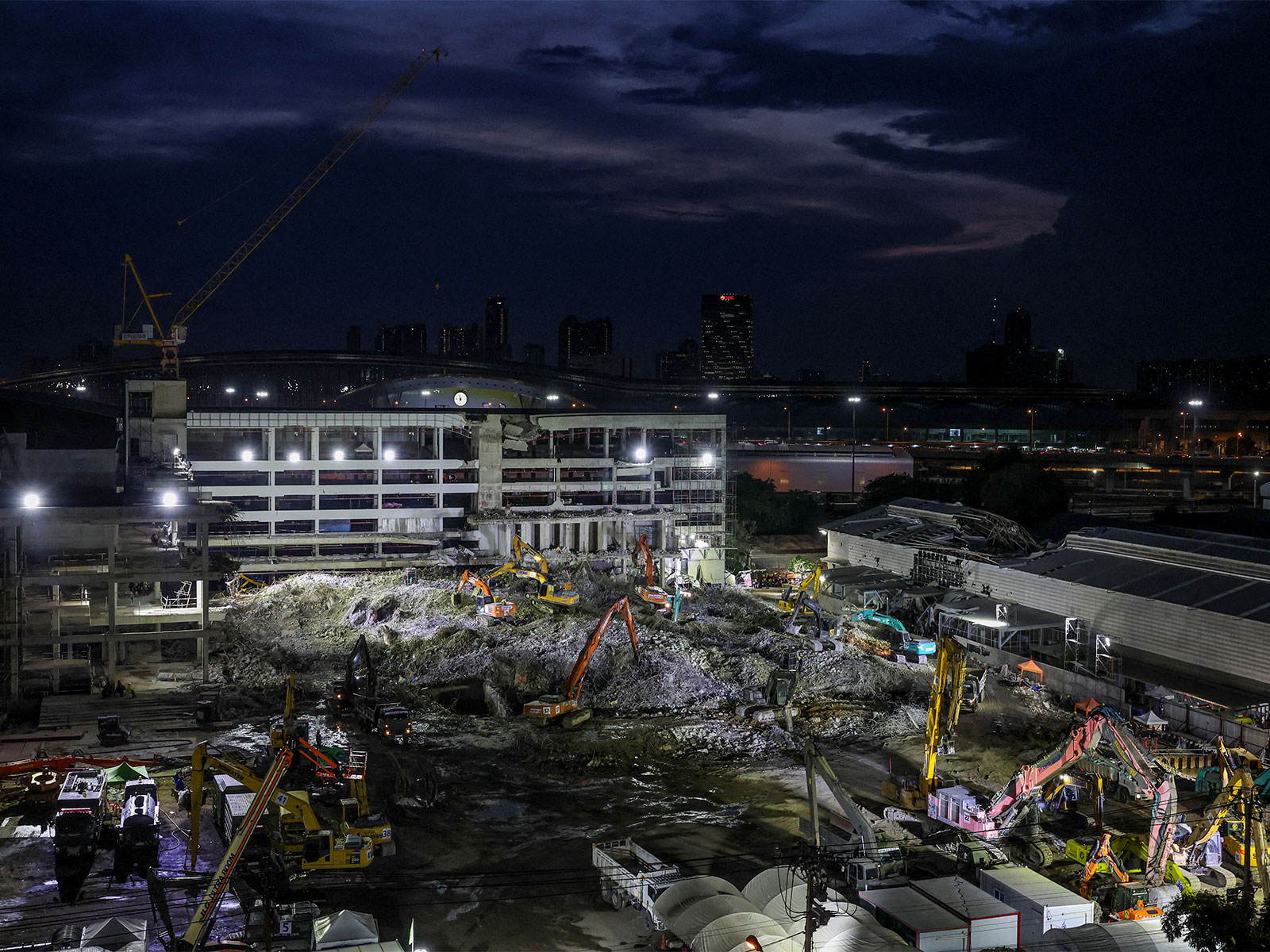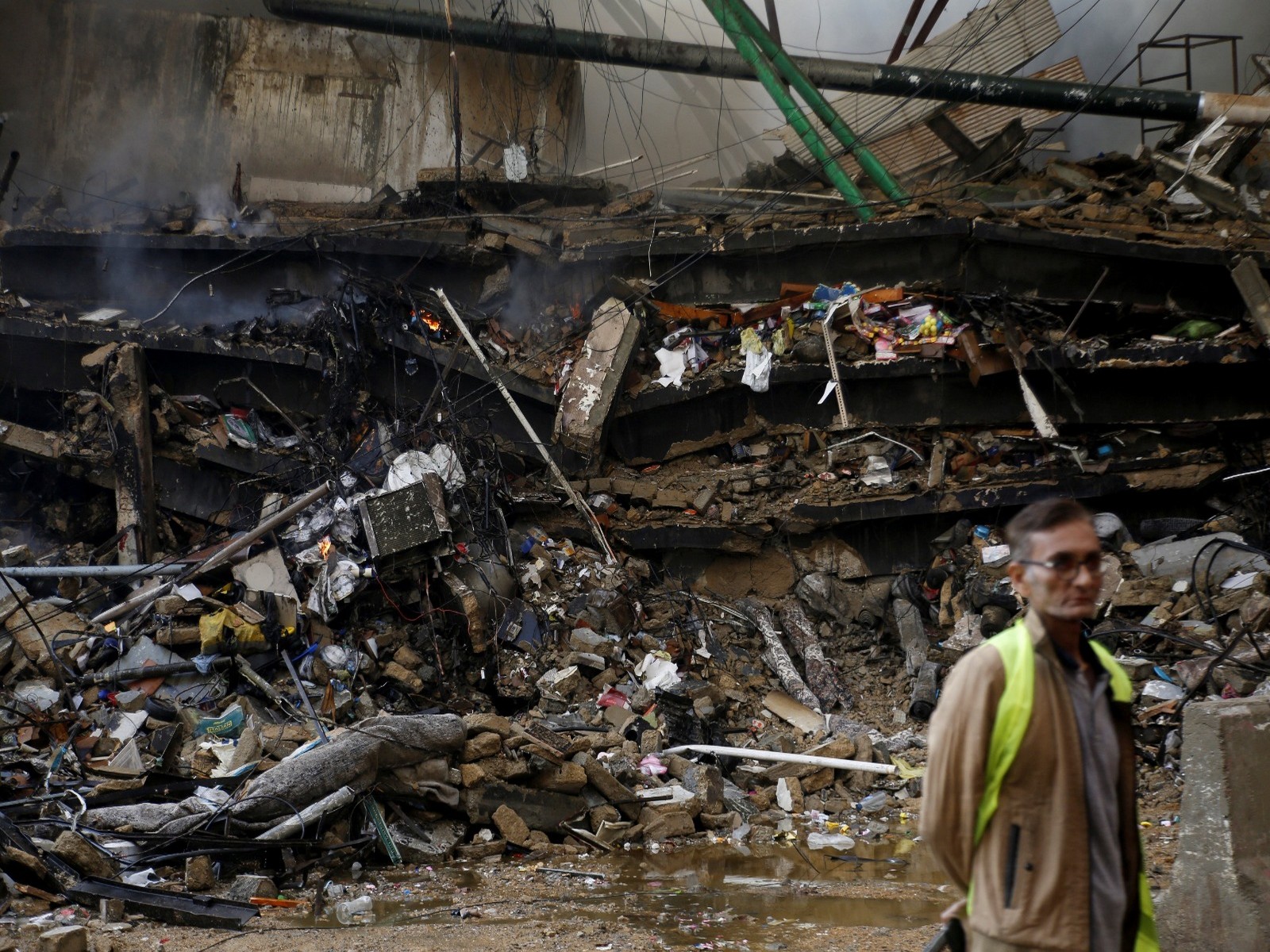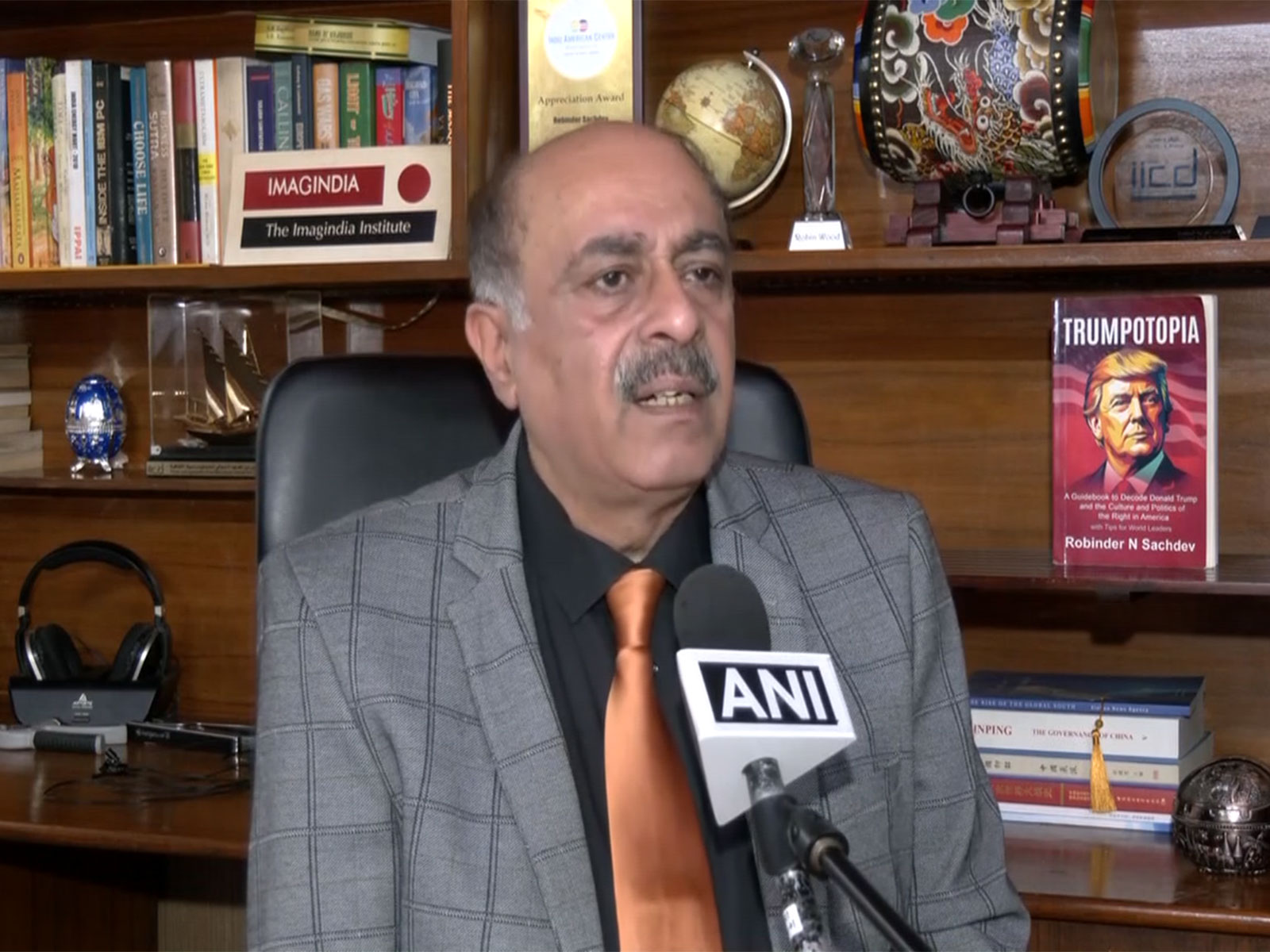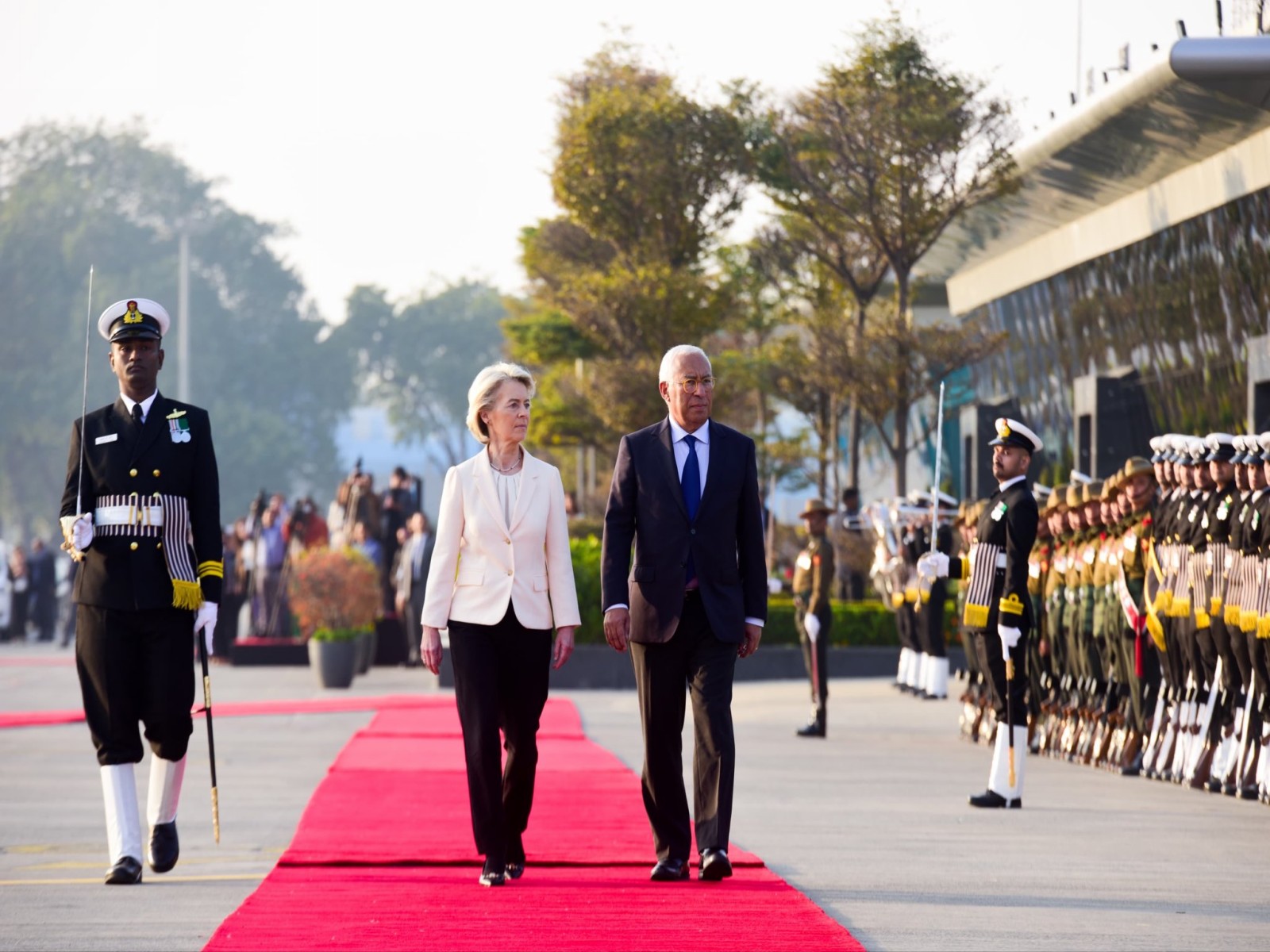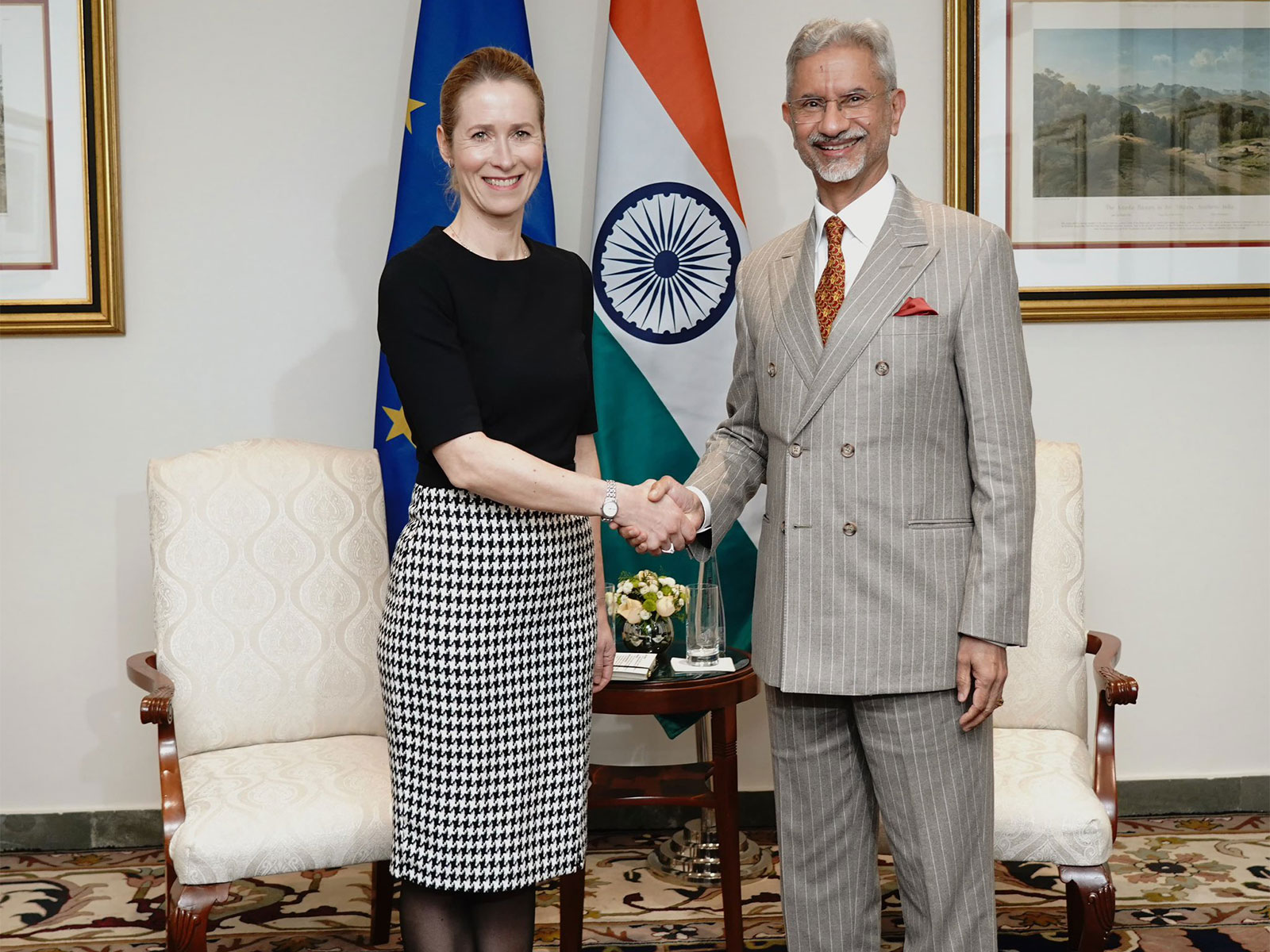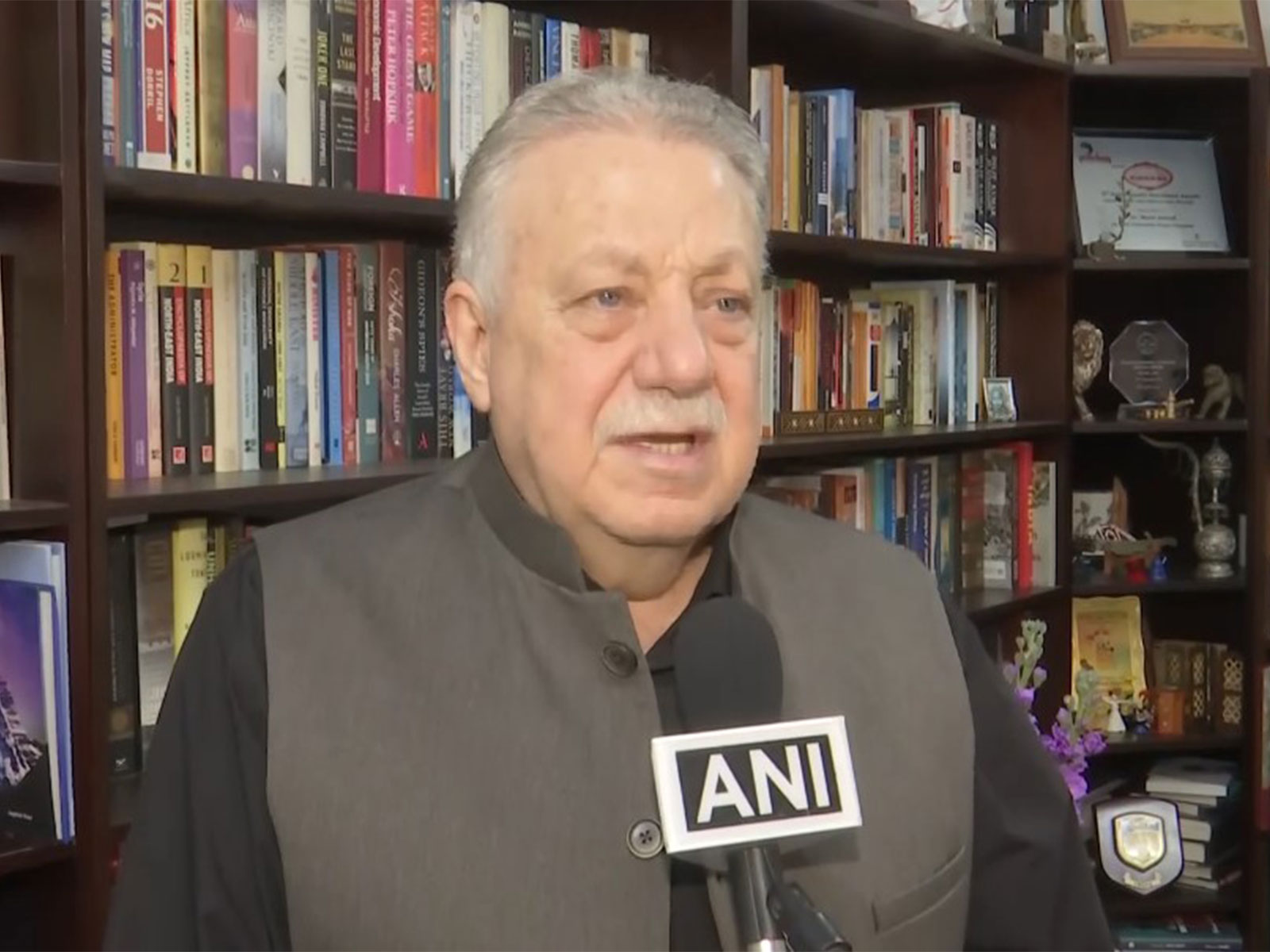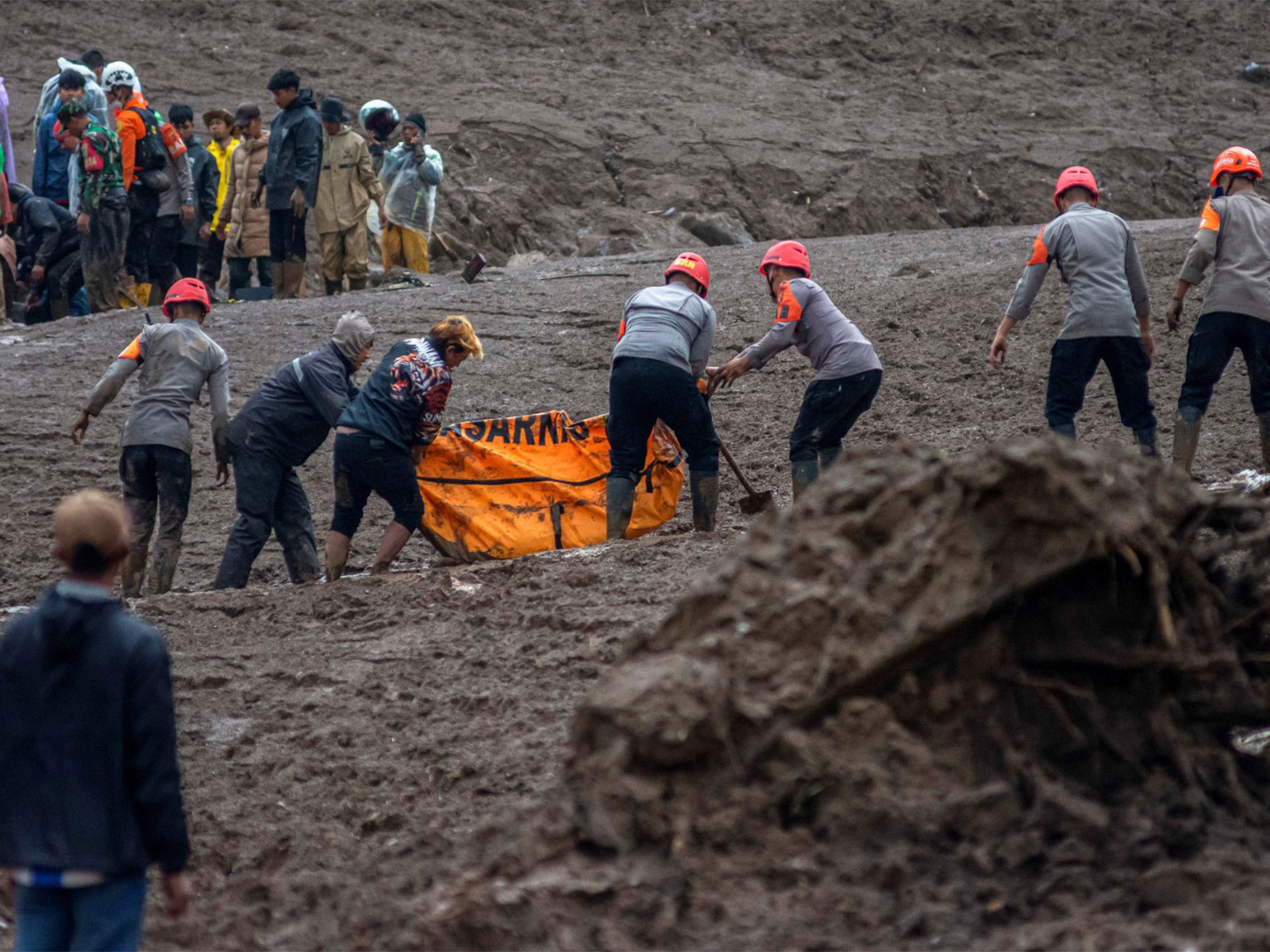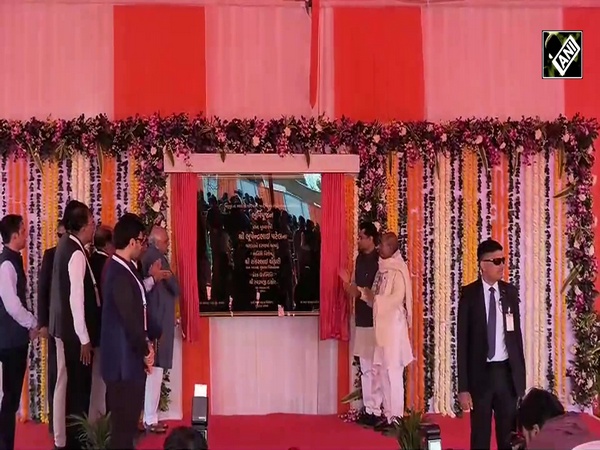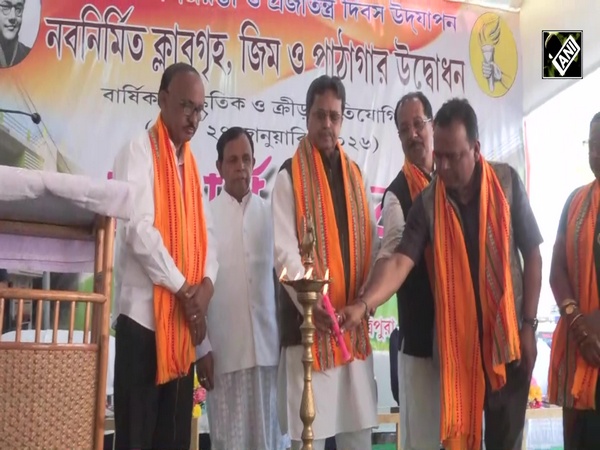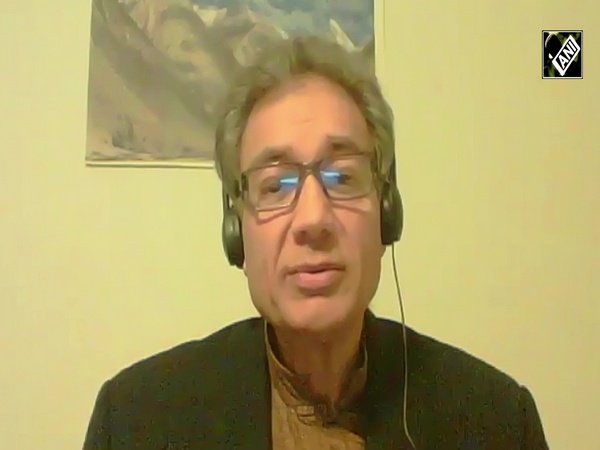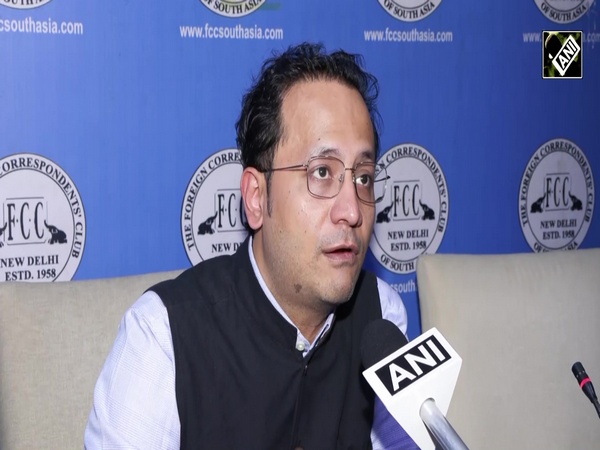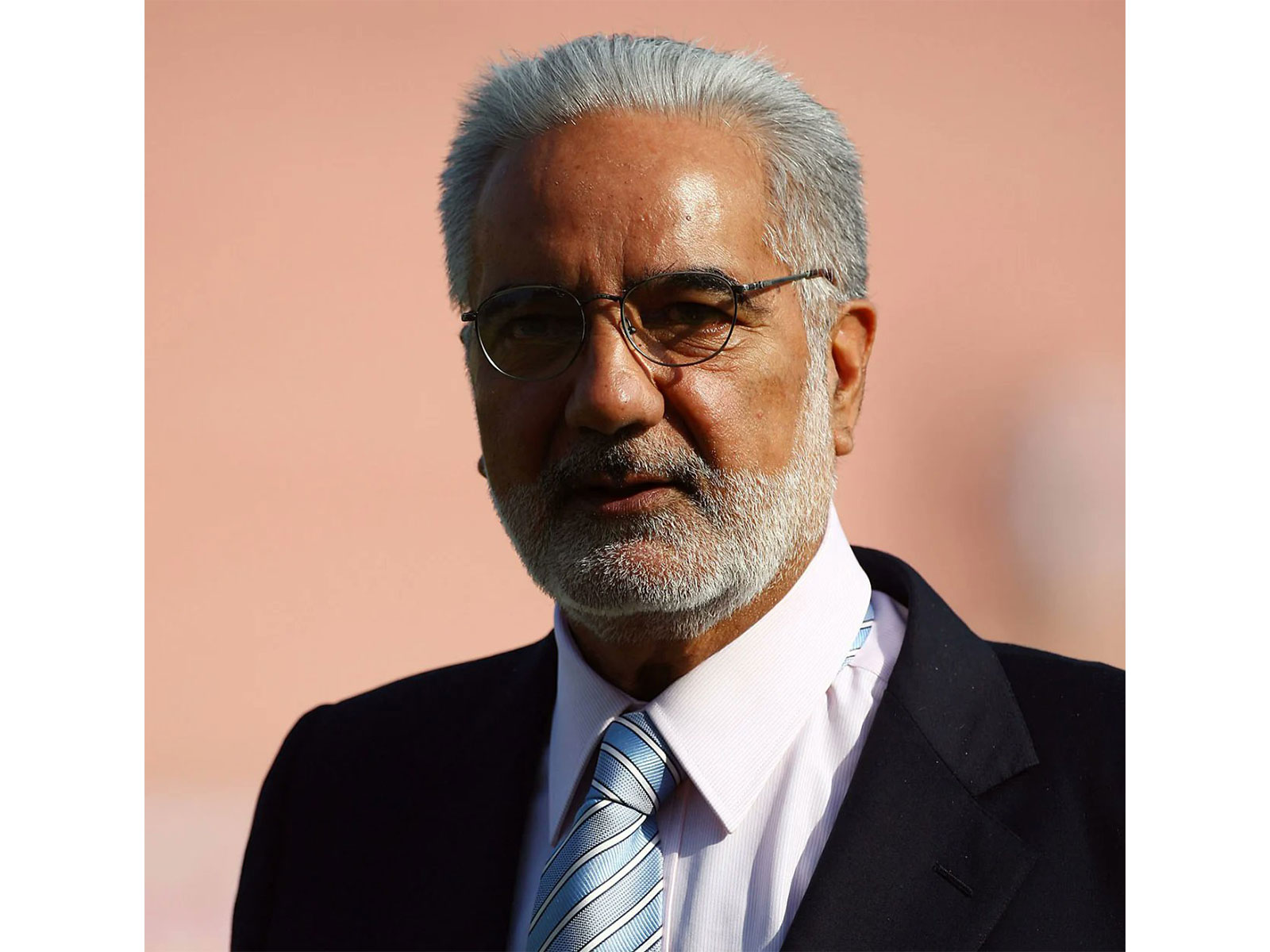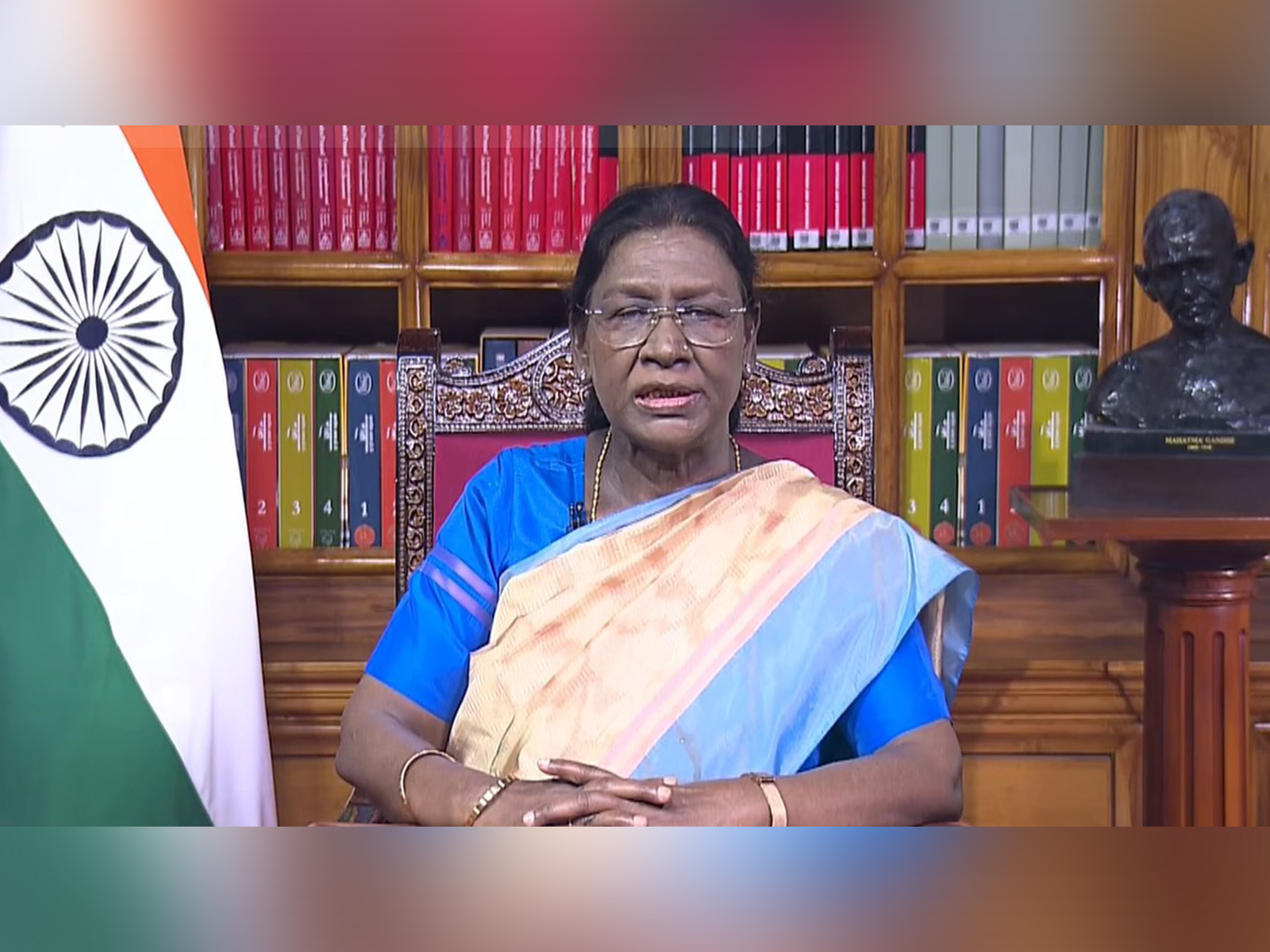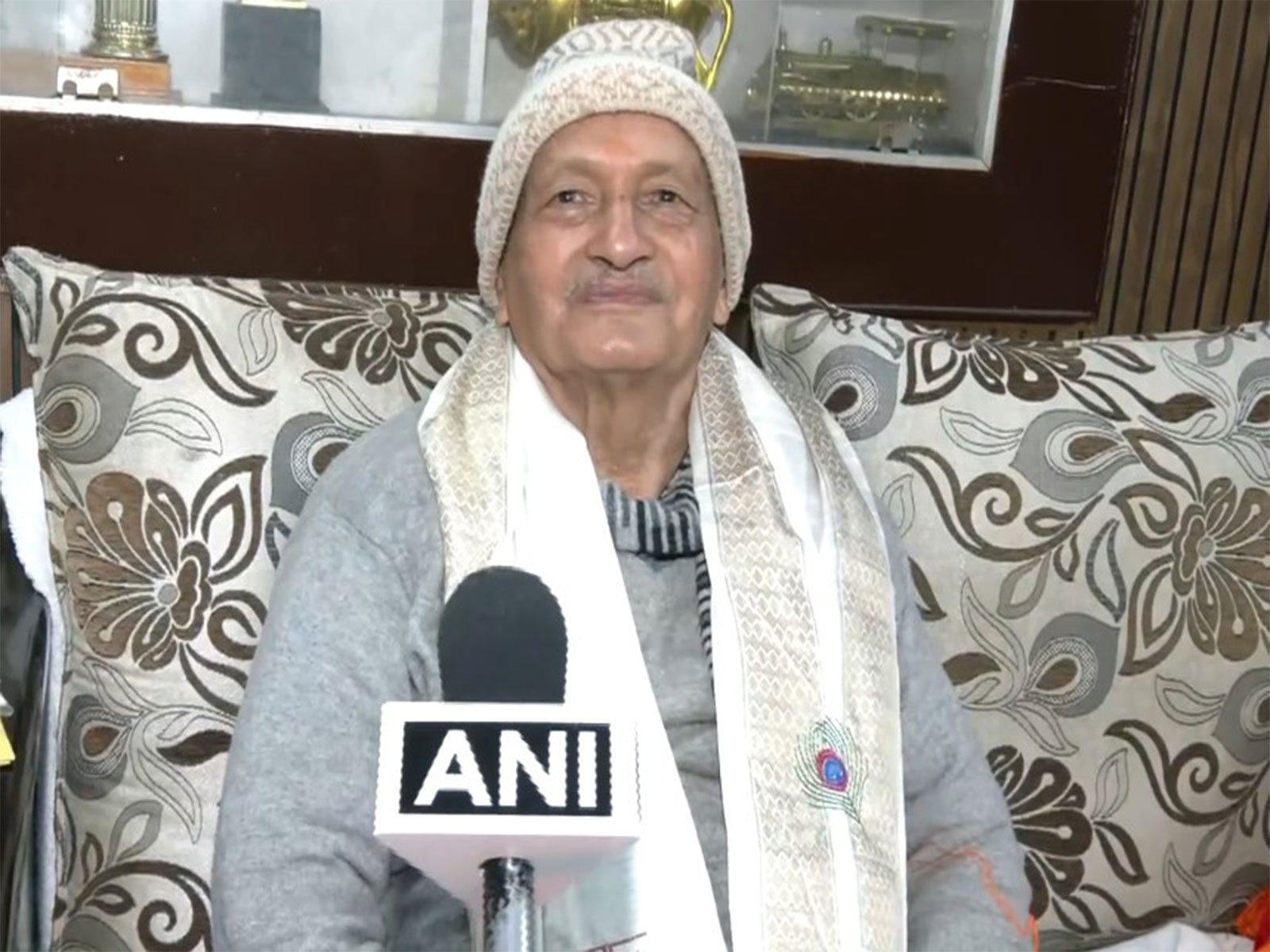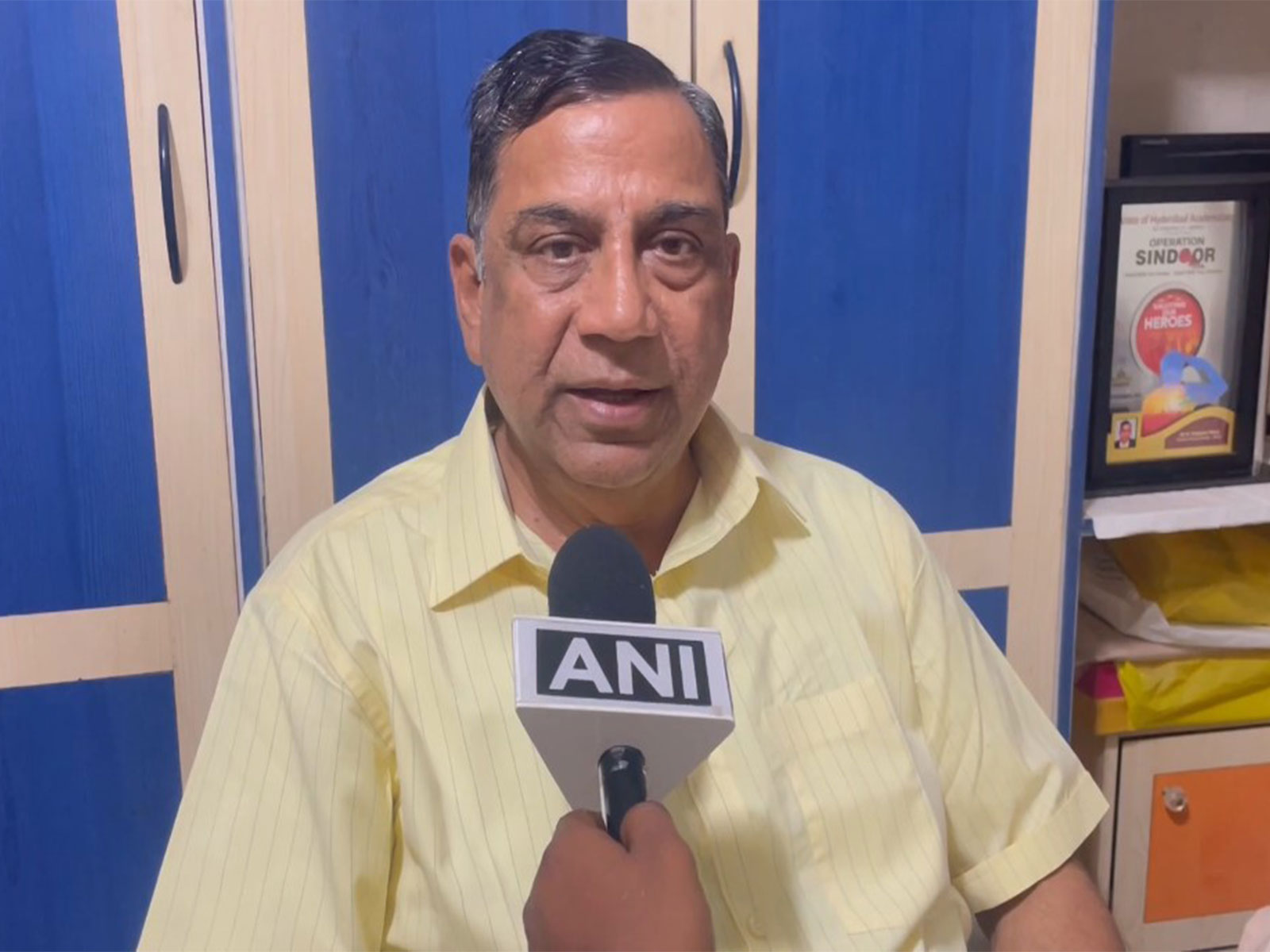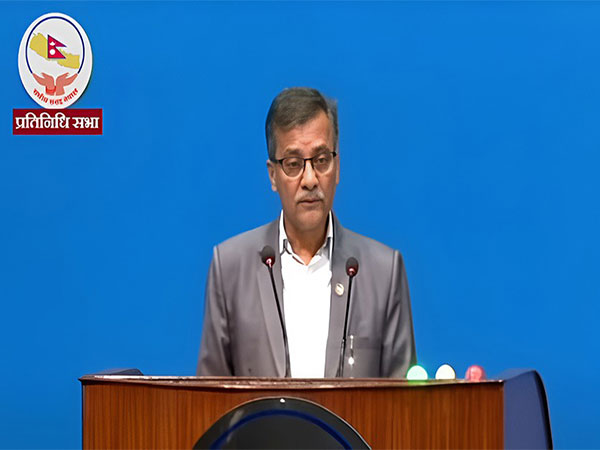
Nepal law minister denies any move to legalise polygamy amid criticism over draft proposal
Aug 06, 2025
Kathmandu [Nepal], August 6 : Nepal's Minister for Law, Justice, and Parliamentary Affairs, Ajay Kumar Chaurasiya, on Wednesday assured lawmakers that no bill, including those relating to polygamy, will be presented in Parliament.
Addressing the parliamentary session, the law minister emphasised that bills promoting polygamy, which negatively impact social values and norms, will not be tabled.
"I want to express my commitment that no bill which adversely affects society or contradicts social values and norms, such as polygamy, will be tabled in this esteemed House," Chaurasiya said.
The minister also expressed concern over public confusion and outrage caused by speculative interpretations circulating in the media and on social networks.
"Various interpretations based on assumptions in certain media outlets and social media regarding proposals aimed at addressing some challenges in the implementation of the Criminal Code and other statutes have created misunderstanding and anger among the general public," he said.
Chaurasiya clarified that the bill was published while the draft was still under consideration at the Cabinet's Bill Committee. Lawmakers had raised concerns over these premature reports, drawing the ministry's attention.
The recently proposed amendment to Section 175 of Nepal's Criminal Code, intended to exempt polygamous unions from being automatically void if the second partner becomes pregnant or gives birth, has sparked significant legal, ethical, and constitutional concerns.
While the amendment claims to protect women and children involved in extra-marital relationships, critics argue it legitimises deception, violates the first spouse's legal rights, and risks reintroducing polygamy, a practice Nepal has worked hard to criminalise.
Section 175 of the Criminal Code currently prohibits anyone from entering a second marriage while the first marital relationship remains valid. Enforced from Bhadra 1, 2075 (August 17, 2018), it upholds monogamous marriage and ensures that individuals are not harmed by clandestine parallel familial arrangements.
A second marriage under these circumstances is void ab initio and subject to criminal sanctions, including imprisonment of one to five years and fines ranging from NPR 10,000 to 50,000. The law functions not only as a legal prohibition but also as a normative signal that Nepal, as a constitutional republic committed to gender equality and personal dignity, does not tolerate polygamy.
The proposed amendment, however, seeks to create a loophole. The draft, promised by the law minister not to be presented, suggests that if a married person, regardless of gender, impregnates another individual outside their existing marriage, the new relationship may not be rendered void. While the intention is to uphold the rights of the child and prevent abandonment, critics note that children are already protected under Nepali law, and there is no justification for linking that protection to recognition of a bigamous relationship as valid.
The draft bill has drawn criticism from the National Human Rights Commission (NHRC), which urged the government to engage in meaningful consultations with stakeholders.
Issuing a press statement on Wednesday, NHRC Spokesperson Tikaram Pokharel said, "The issue of polygamy is not only a matter of criminal law but also a serious human rights concern."
The commission warned that hasty or unexamined changes could indirectly encourage polygamy, with long-term repercussions on families and society.
"Any amendment related to human rights must be approached with caution and broad consensus," the statement read. Laws with widespread social implications require careful consideration beyond legal technicalities.
The NHRC suggested studying legal practices in other democratic nations and aligning any amendments with Nepal's commitments under international human rights treaties. The commission called on the government to ensure extensive stakeholder consultation and to take the commission's input into account when drafting or proposing legislation affecting the public.
